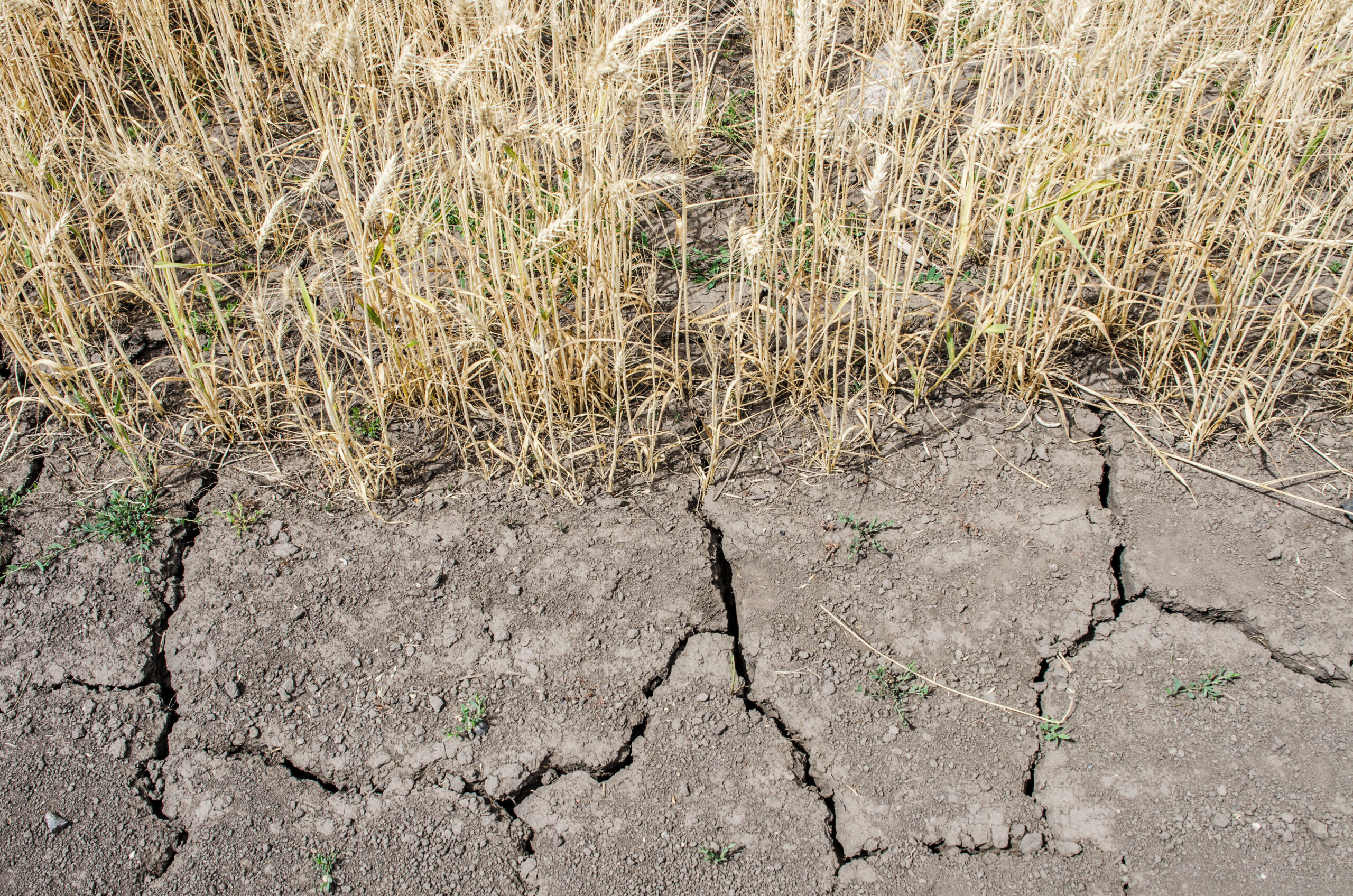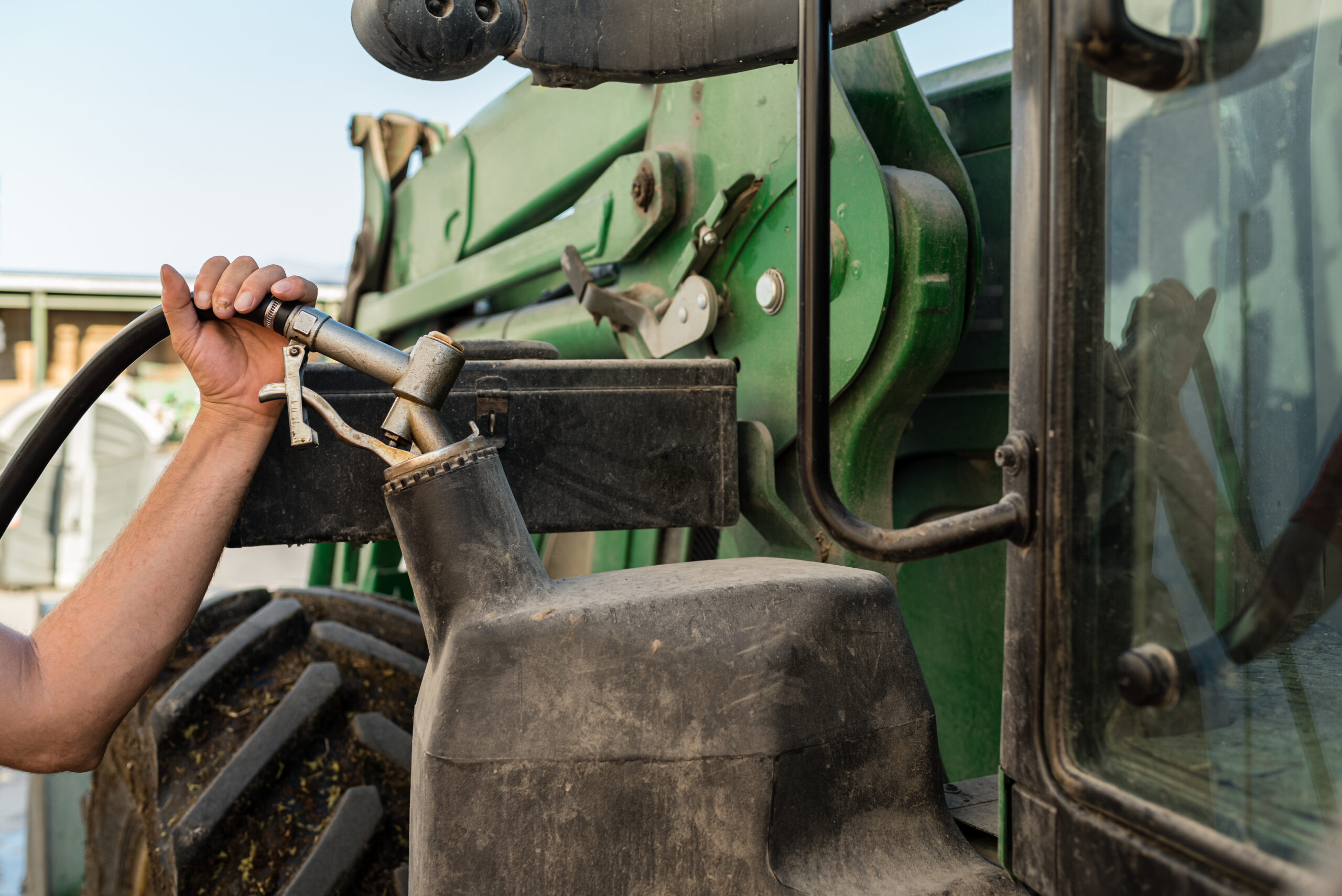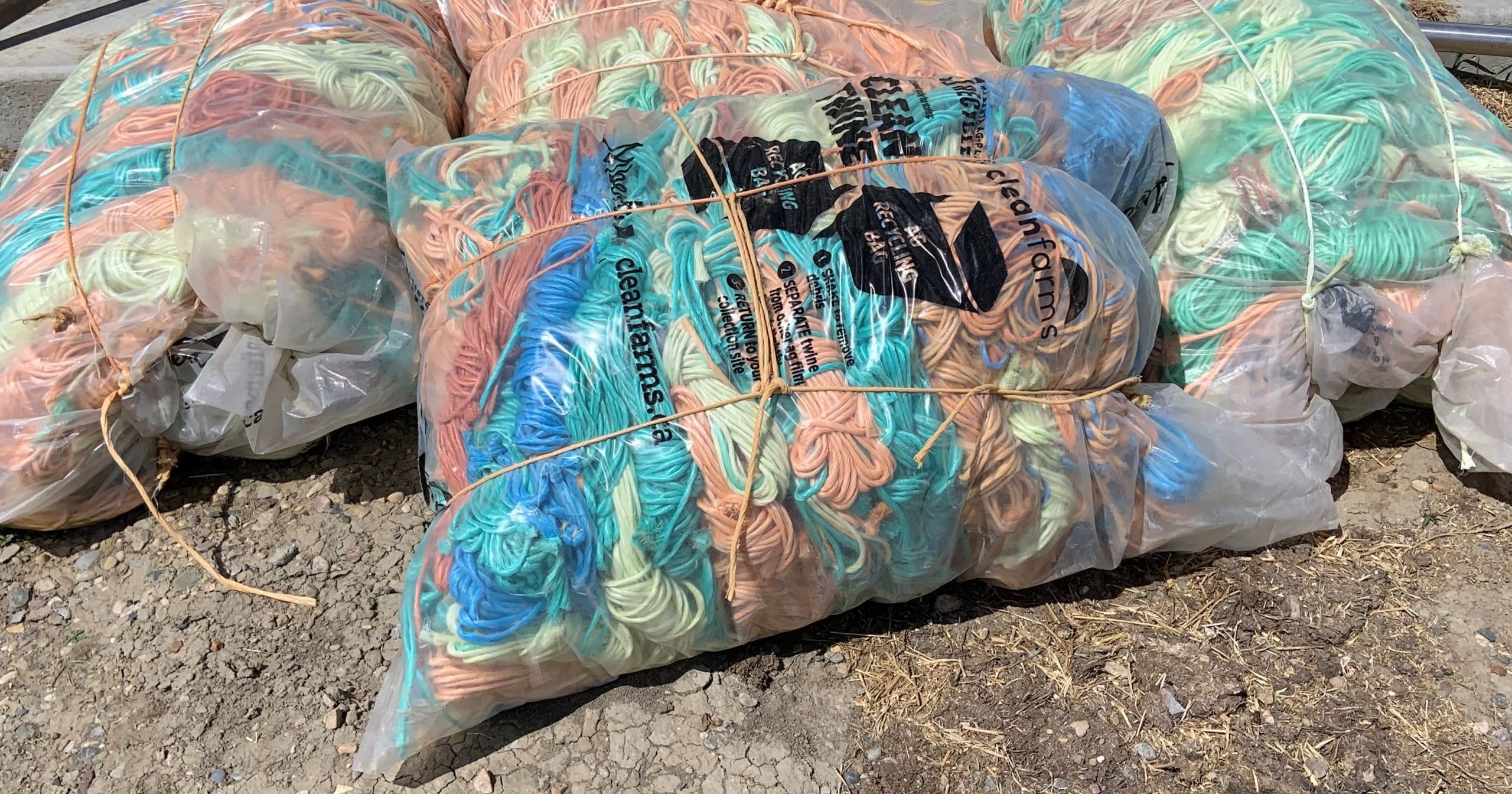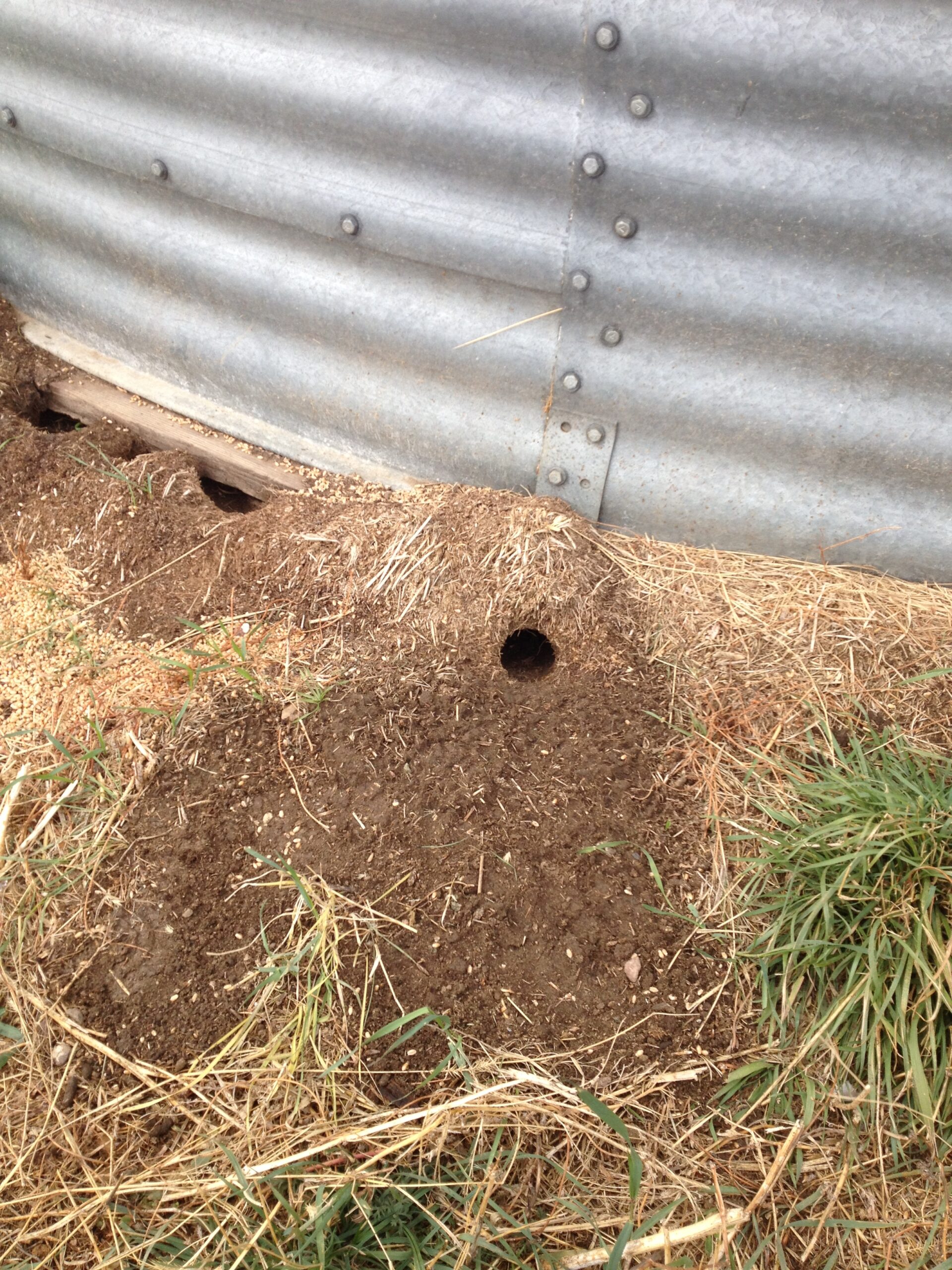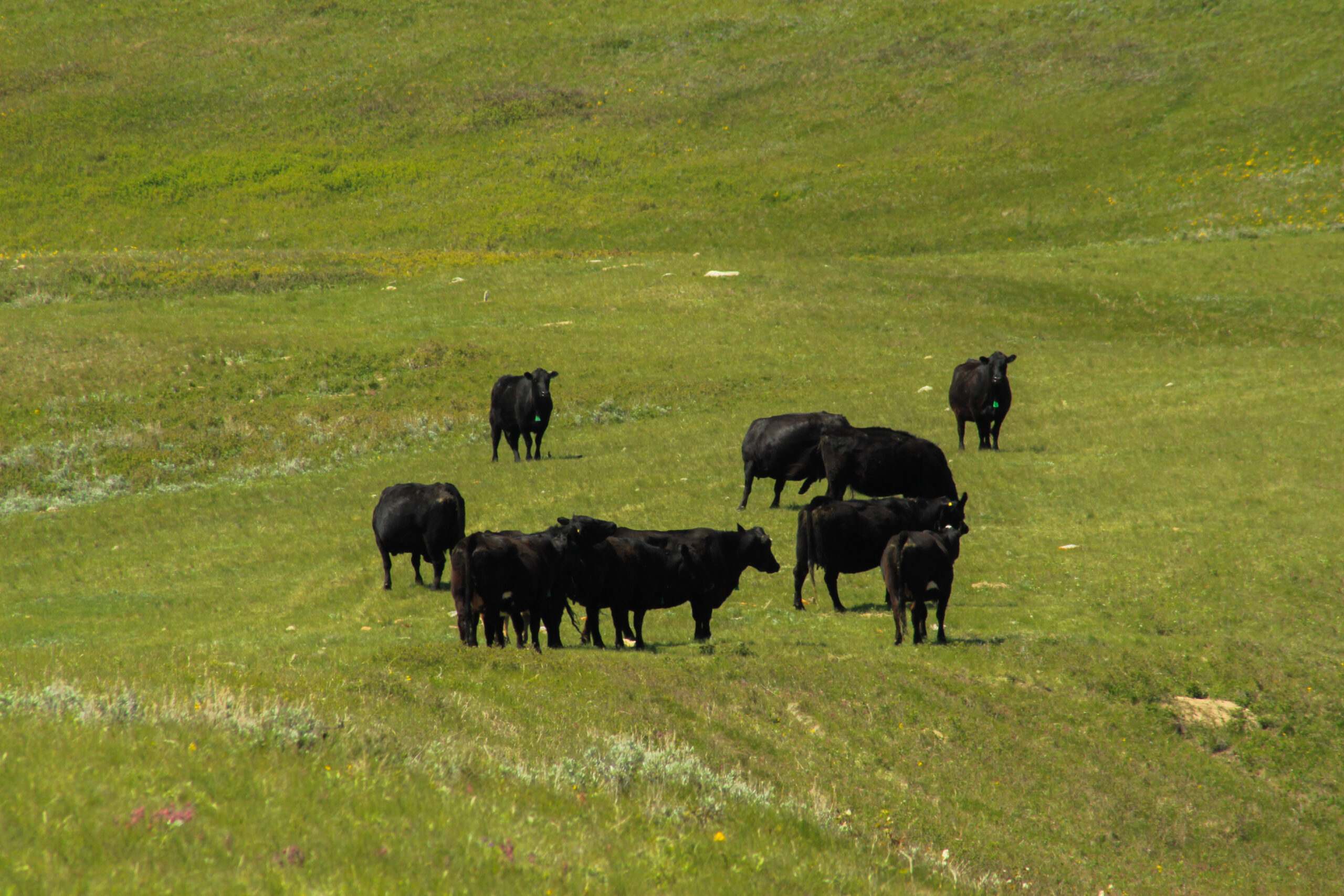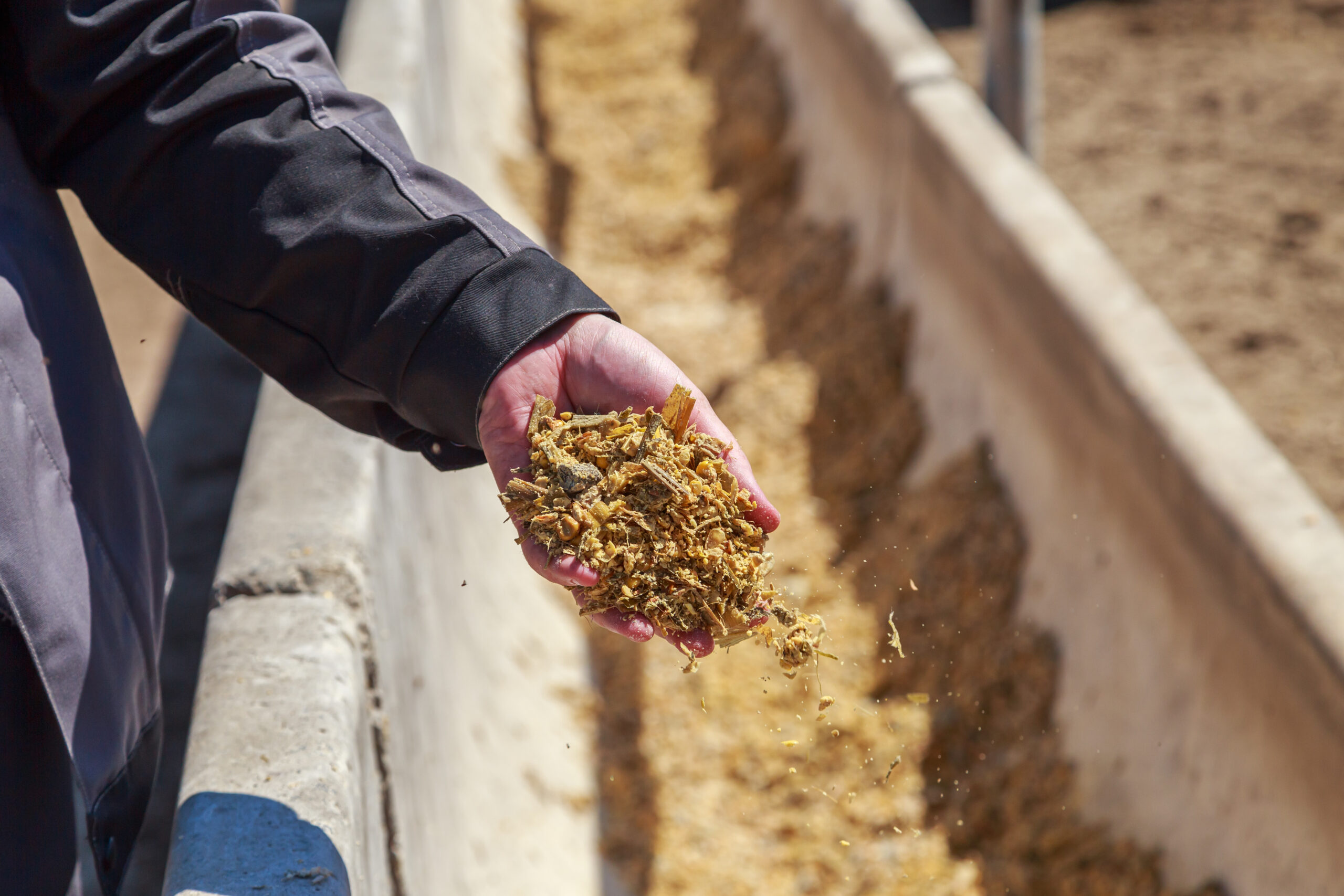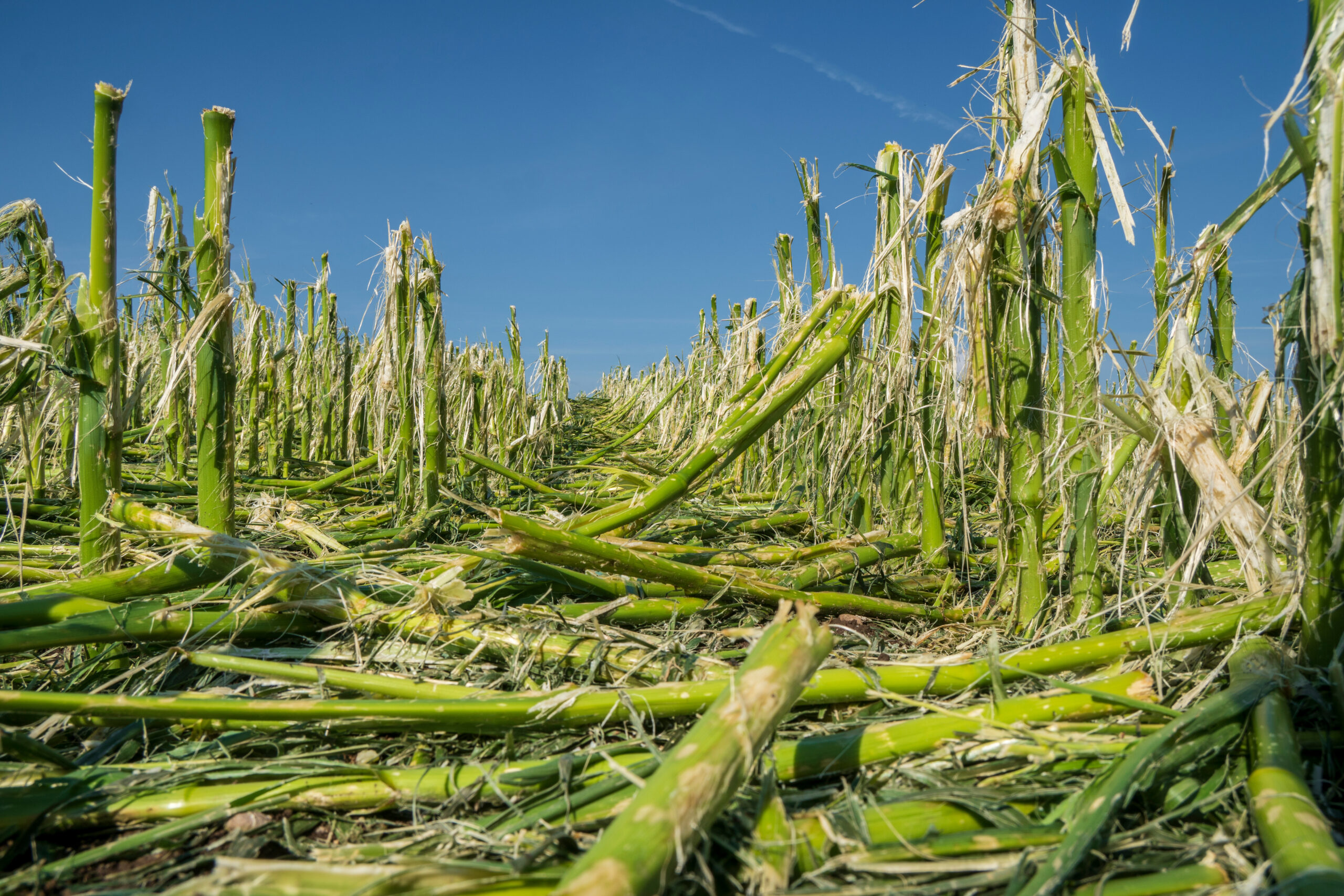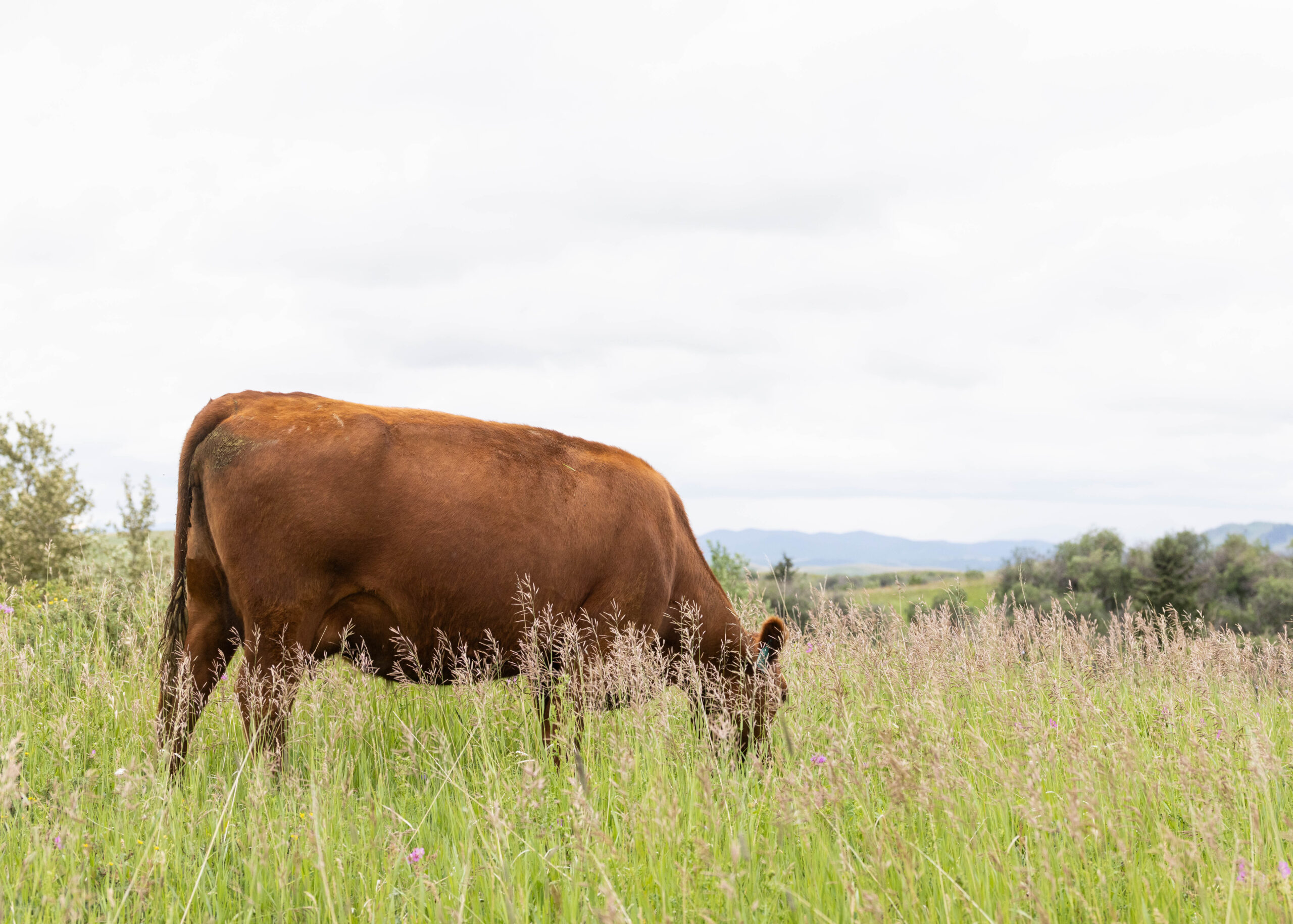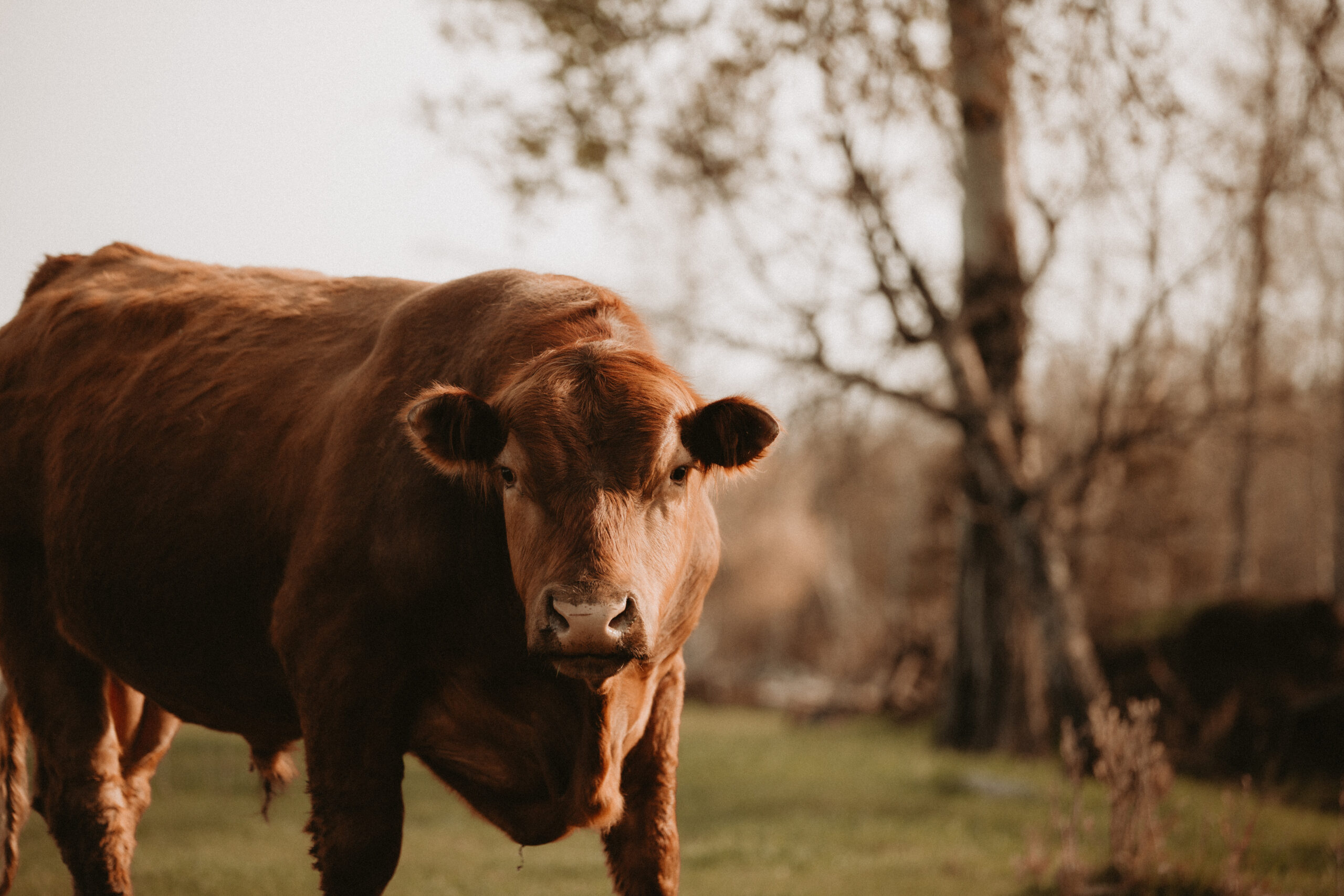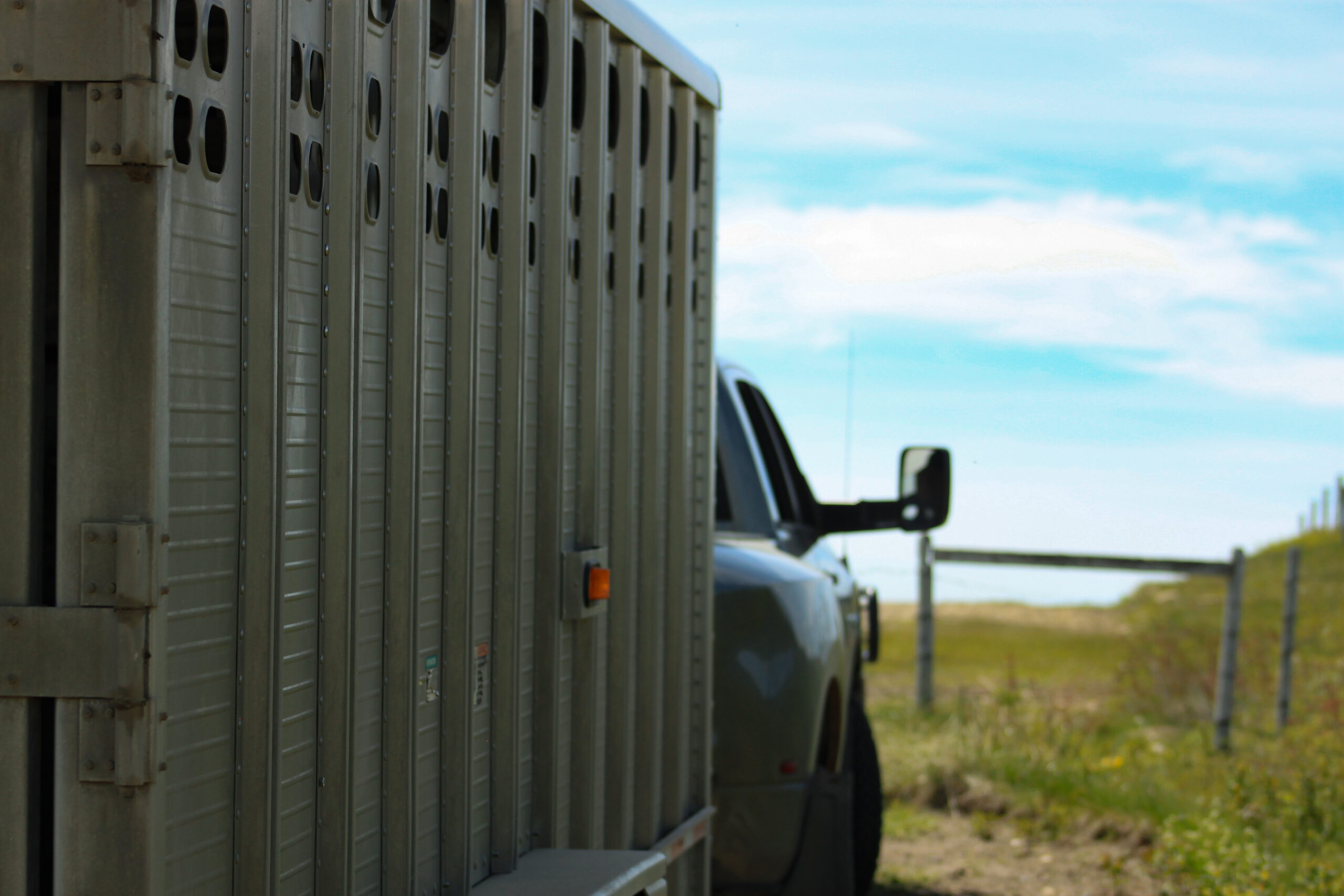AB Direct - Steers
Rail: 518.50-528.50 FOB feedlot (last week)
AB Direct - Heifers
Rail: 518.50-528.50 FOB feedlot (last week)
US Trade- Steers
Rail: 388.00 (NE, IA) last week
US Trade - Heifers
Rail: 388.00 (NE, IA) last week
Canadian Dollar
0.01
Latest News
-
February 23, 2026 Current Markets & Forecasts
Canfax Weekly Article | Report for the week of February 23, 2026
-
February 20, 2026 Business Tools
Moisture Deficiency Insurance sign-up deadline is February 28
-
February 19, 2026 Checking in with ABP
Great stewardship deserves recognition
Adjustment to low yield allowance aims to support Alberta producers
Agriculture Financial Services Corporation (AFSC) has increased the low yield allowance threshold for the 2025 crop year. This change means that when appraised crop yields fall below a set level, the appraisal can be reduced to zero. Thea djustment allows producers to use crops with low yield potential for livestock feed instead of harvesting them…
Alberta offers emergency grazing support to livestock producers amid 2025 drought
In response to severe drought conditions affecting parts of Alberta, the provincial government is rolling out emergency support measures to help livestock producers manage feed shortages and grazing challenges. The Department of Forestry and Parks announced that grazing disposition holders with available capacity can now host cattle from other producers for the remainder of the…
Alberta considers shift in fuel tax exemption policy
The Government of Alberta is consulting with fuel sellers and purchases on a proposal to shift the provincial fuel tax exemption from marked fuel to clear fuel. The consultation period runs from August 1-31, 2025, and stakeholders can submit their feedback through an online survey. Marked fuel — diesel or gasoline dyed to distinguish it…
Alberta producers and 4-H clubs celebrated as final winners named in the Great Twine Round-Up
Cleanfarms has officially announced the final winners of the 2024-2025 Great Twine Round-Up, a province-wide initiative recognizing Alberta farmers and 4-H clubs for their efforts in collecting and recycling used agricultural baler twine. Over the seven-month campaign, which concluded on May 31, the contest drew entries from participants across Alberta. An estimated 16,500 kilograms of…
Alberta recognizes 75 years of rat control program
Alberta is marking the 75th anniversary of its Rat Control Program, a long-standing initiative aimed at preventing the establishment of rat populations in the province. The program, which began in 1950, was designed to address the risks associated with rats, including property damage and the potential spread of disease. Alberta remains one of the few…
Australia reopens market to Canadian beef after two-decade ban
Canadian beef producers are celebrating a major trade breakthrough as Australia lifts its long-standing ban on fresh and frozen beef imports from Canada. This marks the first time since 2003 that Canadian beef will be available in the Australian market. Australia was one of the last countries to maintain restrictions related to bovine spongiform encephalopathy…
Multiple counties and MDs across Alberta declare agricultural states of emergency
As of July 29, 2025, multiple counties and municipal districts (MDs) across Alberta have declared agricultural states of emergency due to severe drought — leading to insect pest infestations, and poor crop and pasture conditions. Counties and MDs that have declared a state of agricultural disaster include: We will continue to update as we receive…
U.S. cattle on feed drops 2 per cent as heifer numbers decline
The United States Department of Agriculture (USDA)’s National Agricultural Statistics Service (NASS) released its latest cattle on feed report, revealing a slight decline in feedlot inventory. As of July 1, cattle and calves being raised for slaughter in feedlots with a capacity of 1,000 head or more totaled 11.1 million — down 2 per cent…
RDAR and FCC partner to advance AI tool for Canadian producers
Results Driven Agriculture Research (RDAR) has entered into a memorandum of understanding (MOU) with Farm Credit Canada (FCC) to support the development of Root, a generative AI assistant designed to provide agricultural information and guidance to Canadian producers. Root is a free tool developed by FCC to help users access agricultural knowledge and support. The…
AgriStability and Hail Insurance deadlines approaching
Producers in Alberta are being urged to take note of several fast-approaching deadlines related to AgriStability and Hail Insurance programs administered by Agriculture Financial Services Corporation (AFSC). These programs are vital tools for managing risk and protecting farm income. AgriStability The AgriStability program, which provides income support when producers experience large margin declines, has two…
AgriStability Program increases to better support farmers in 2025
Canada’s agriculture ministers have agreed to a significant upgrade to the AgriStability program, aimed at helping farmers better manage the growing risks tied to climate challenges and global trade uncertainty. During a virtual meeting last week, federal, provincial, and territorial ministers committed to a one-year enhancement of the program for 2025. The compensation rate will…
Canadian Beef Breeds Council announces new CEO
The Canadian Beef Breeds Council (CBBC) has appointed Macy Liebreich as its new Chief Executive Officer (CEO), effective immediately. Liebreich joined CBBC last fall and has been working closely with Sandy Russell to ensure a smooth transition in leadership. Shawn Wilson, CBBC Chair, notes Russell’s leadership since 2021 and the benefits her guidance has brought…


